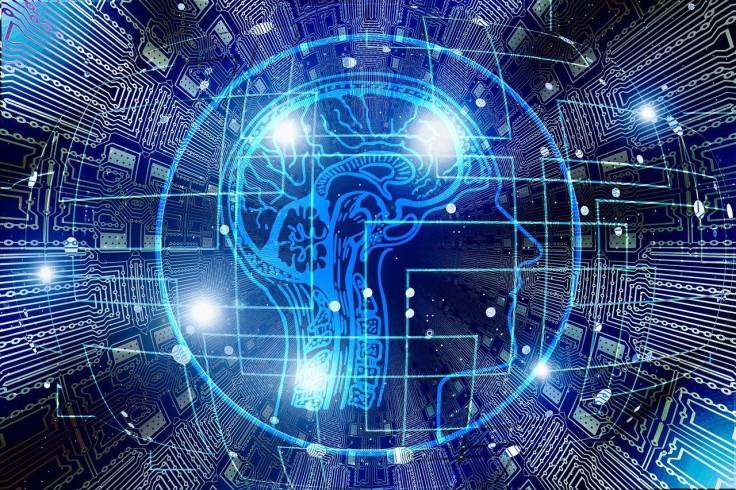Generative AI Could Impact 300M Jobs, Goldman Sachs Predicts; Which Sectors Are Most At Risk?
Goldman Sachs has said generative artificial intelligence (AI) systems might disrupt the labor market and impact 300 million full-time jobs worldwide.
The emergence of generative AI, known for its ability to produce text and other content based on users' requests, is marked by its popularity. It spawned from the release of OpenAI's ChatGPT, which quickly captured users' attention and prompted other tech companies to follow suit and launch their own AI systems.
After scrutinizing occupational tasks data from the U.S. and Europe, Goldman Sachs analysts, in their research report,projected that approximately 300 million job positions worldwide could be vulnerable to automation, provided generative AI delivers on its promised capabilities.
Around 66% of existing jobs face the possibility of being affected by artificial intelligence automation in varying degrees, analysts Joseph Briggs and Devesh Kodnani noted in the report. They added that generative AI possesses the potential to substitute a significant proportion equivalent to 25% of current job roles.
"Of those occupations which are exposed, most have a significant — but partial — share of their workload (25-50%) that can be replaced," the report said, adding that the integration of AI technology could potentially enhance growth in labor productivity and increase global GDP by up to 7% in the foreseeable future.
"Although the impact of AI on the labor market is likely to be significant, most jobs and industries are only partially exposed to automation and are thus more likely to be complemented rather than substituted by AI," it read.
Which countries will be most affected by generative AI?
The use of artificial intelligence in automation has significant implications on a global level as it brings about a shift in employment figures. As per the report, the percentage of jobs in emerging markets (EMs) that are likely to be exposed to automation is lower as compared to those in developed markets (DMs).
Despite this, it is projected that approximately 18% of jobs worldwide could still be automated by AI, taking into consideration the overall employment scale. The report highlighted that the U.S., Israel, Japan, Sweden and Hong Kong are expected to have a considerable impact. In contrast, China, Nigeria, Vietnam, Kenya and India are deemed to be the least likely affected.
Jobs that are most at risk
According to the analysts, some jobs would be more affected than others. For instance, jobs that demand a lot of physical labor are least likely to see a major impact. Office and administrative support jobs in the U.S. are the most vulnerable to automation, with 46% of their tasks potentially automatable. Legal work and tasks within architecture and engineering follow closely with 44% and 37%, respectively. Life, physical and social sciences sector sees a near-identical figure at 36%, followed by business and financial operations with 35%.
Only a small fraction of tasks in the building and ground maintenance industry (1%) are susceptible to automation. Installation, maintenance and repair sector is the second least affected with 4%, followed by the construction and extraction industry at 6%.
The figures for Europe are slightly more comprehensive but display a comparable scenario. Clerical support professions seem to be the most affected, as 45% of their work may be automated, while only 4% of jobs in the field of crafts and associated trades face a risk.
The overall figure projected for Europe concerning automation's potential impact on the labor market stands at 24%, a marginally lower average than the U.S. (25%).
A previous study conducted by researchers from Princeton University, the University of Pennsylvania and New York University showed legal services will be the sector most likely impacted by ChatGPT technology.

© Copyright IBTimes 2025. All rights reserved.





















